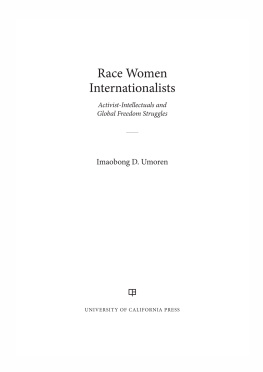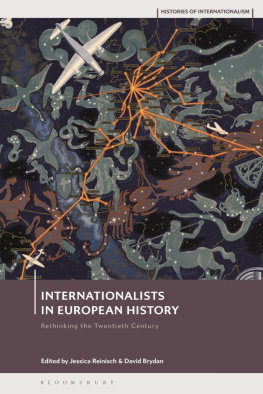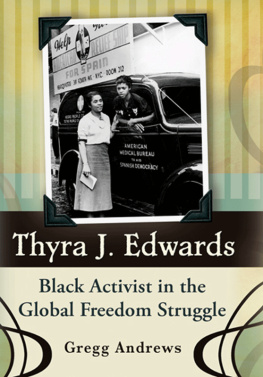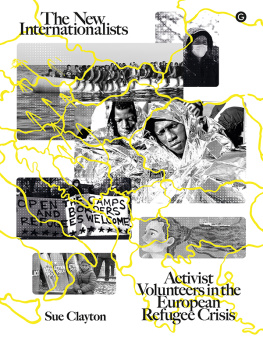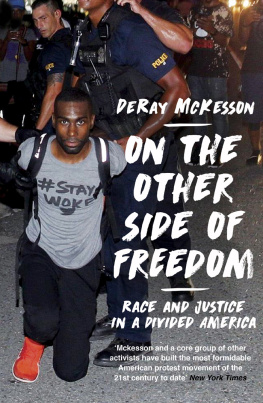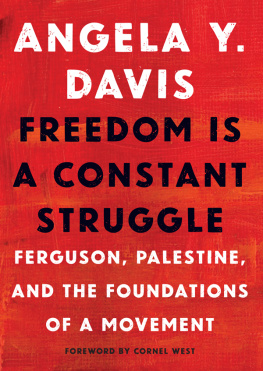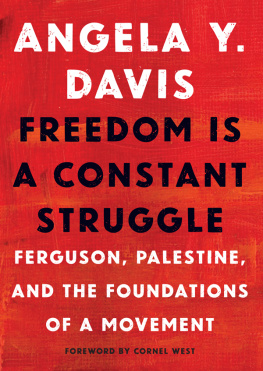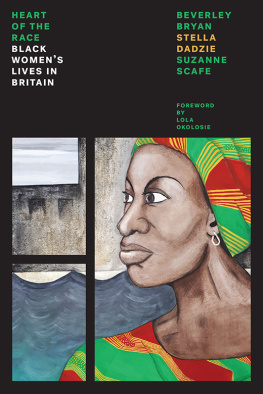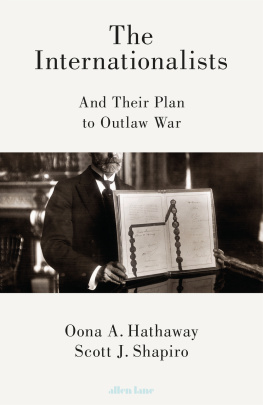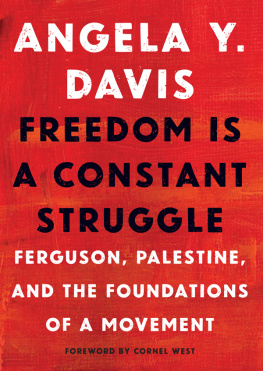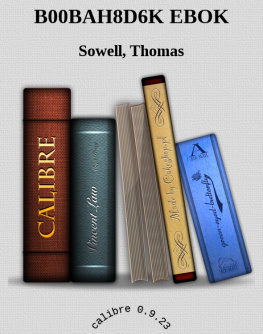ACKNOWLEDGMENTS
Throughout the process of researching and writing this book, I have been immensely grateful to a range of funding bodies for supporting my work. These include the Arts and Humanities Research Council; the Royal Historical Society; the UK/US Fulbright Commission; the Kluge Center at the Library of Congress; the British Association for American Studies; the Society for the Study of French History; the Beit Fund; St. Hughs College; St. Cross College; Pembroke College at the University of Oxford; and the British Academy.
I appreciate the assistance of archivists and librarians in various locations for allowing me access and permission to reproduce source material. In particular, I would like to thank the National Library of Jamaica; the Moorland-Spingarn Research Center at Howard University; the BBC Written Archives; the Archives dpartementales de la Martinique; the Beinecke Rare Books and Manuscript Library at Yale University; the Bibliothque nationale de France; the Centre des archives doutre-mer; the United Nations Archives at Geneva; the Archives de la prfecture de police (APP), Paris; the National Archives at Kew; the Womens Library at the London School of Economics; the Bodleian Library, and the British Library.
Over many years, colleagues and friends have given much needed advice at crucial times. From the beginning of my project, while a student at Kings College London, many of the ideas in this book were conceived of with the help of Richard Drayton, who has remained an important source of support. When I moved to Oxford, I was fortunate enough to work with Stephen Tuck and Mara Keire, who were excellent advisors. In 2013, Stephen Tuck, Elleke Boehmer, Justine McConnell, and Tamara Mollenberg and I cofounded the Race and Resistance program based at The Oxford Research Centre in the Humanities (TORCH). This program aided my work and career in more ways than I could have imagined. Audiences at Race and Resistance events offered constructive criticism and forced me to rethink my project. In particular, I would like to thank the cofounders as well as Tessa Roynon, Lloyd Pratt, and Michle Mendelssohn.
The Women in the Humanities program at TORCH has been another pivotal source of support. I am grateful especially to the extremely generous donor who funded my Career Development Fellowship and Senia Paseta. The creation of TORCH has been instrumental in developing early career scholars work and supporting the growth of interdisciplinary research. I would like to thank its business director, Victoria McGuinness, for her constant kindness and generosity. It has been a pleasure to work with her and the TORCH administrative team, including Hannah Penny, Sarah Bebb, Laura Miller, and Rabyah Khan.
Others I would like to thank include colleagues at Pembroke College and Master Dame Lynne Brindley, Kathryn Gleadle, Ruth Percy, Robert Gildea, Daniel Grey, Gareth Davies, Jane Garnett, Christina de Bellaigue, Anna Snaith, Mary Lou Reker, Sonia Song-Ha Lee, and Evelyn Brooks Higginbotham. Within the Society for the History of Women the Americas, I express gratitude to Jay Kleinberg, Rae Ritchie, Dawn-Marie Gibson, and Sinead McEneaney. I also wish to thank those who read and critiqued the manuscript at various stages: Patricia Clavin, Clare Corbould, Barbara Savage, Farah Jasmine-Griffin, Dawn-Marie Gibson, Kate Dossett, Gareth Davies, Tessa Roynon, and Stephen Tuck. My editors at the University of California Press, Bradley Depew and Niels Hooper, have been incredibly helpful. I would also like to thank the biographers of the three protagonists in this book whose foundational and important work inspired my interest, including Delia Jarrett-Macauley, T. Denean Sharpley-Whiting, Emily Musil-Church, and Barbara Ransby.
As always, I am most indebted to those closest to me, in particular Idongesit Umoren-Pitt and Angela Brown, for their encouragement and support. This book is dedicated to my father and mother. Their love and abiding presence has been a constant comfort without which this work would not have been completed.
Portions of chapters 1 and 2 were previously published as This Is the Age of Woman: Black Feminism and Black Internationalism in the Works of Una Marson, 19281938, History of Women in the Americas 1, no. 1 (2013): pp. 5072.
Portions of chapters 2 and 3 were previously published as Anti-Fascism and the Development of Global Race Women 19281945, Callaloo: A Journal of African Diaspora Arts and Letters 39, no. 1 (Winter 2016): pp. 15165.
Portions of chapter 4 will be published as We Americans Are Not Just American Citizens AnymoreWe Are Also World Citizens: Eslanda Robeson, New World Review, and World Citizenship in the 1950s in the Journal of Womens History (Winter 2018).
ABBREVIATIONS
AAWFM | All African Womens Freedom Movement |
AFWIF | American Friends of the West Indies Federation |
ALP | American Labor Party |
ANC | African National Congress |
ANP | Associated Negro Press |
APP | Archives de la Prfecture de police, Paris |
BBC | British Broadcasting Corporation |
BCL | British Commonwealth League |
CAA | Council on African Affairs |
CAE | Comit dAction Ethiopien |
CAFRA | Caribbean Association for Feminist Research and Action |
|

